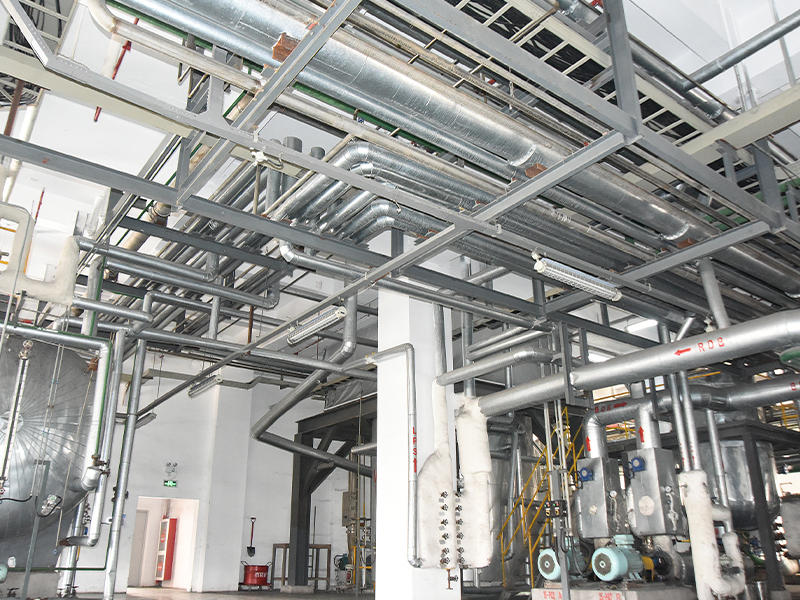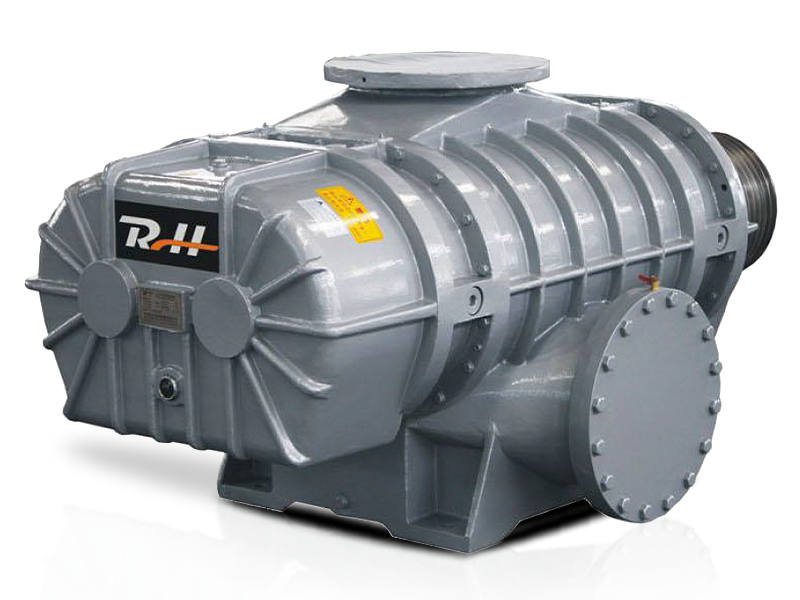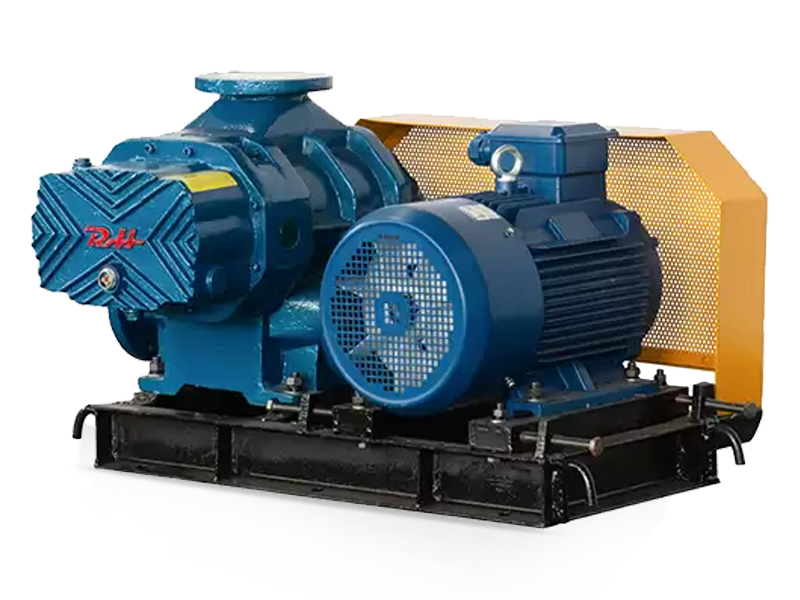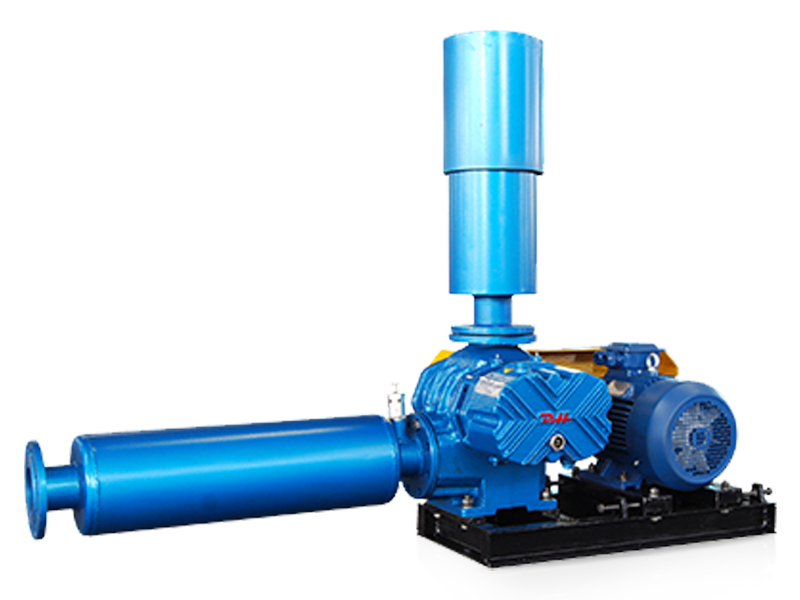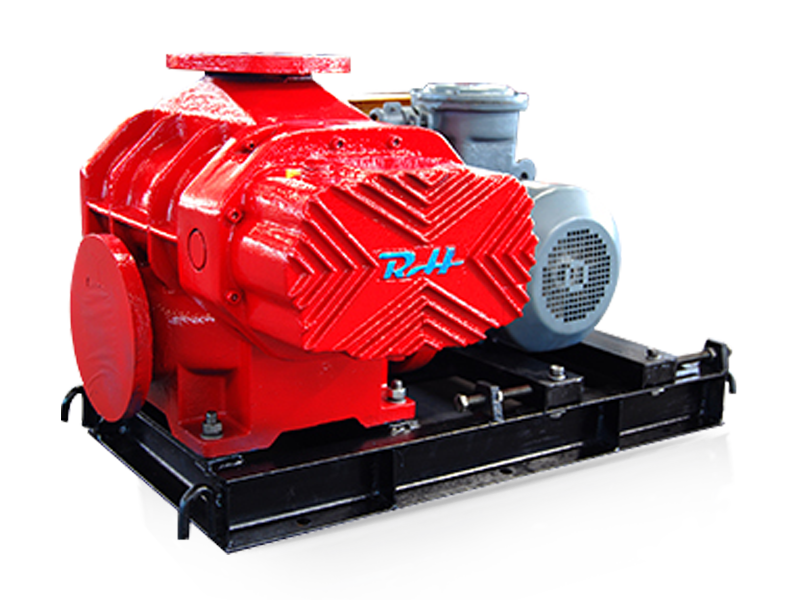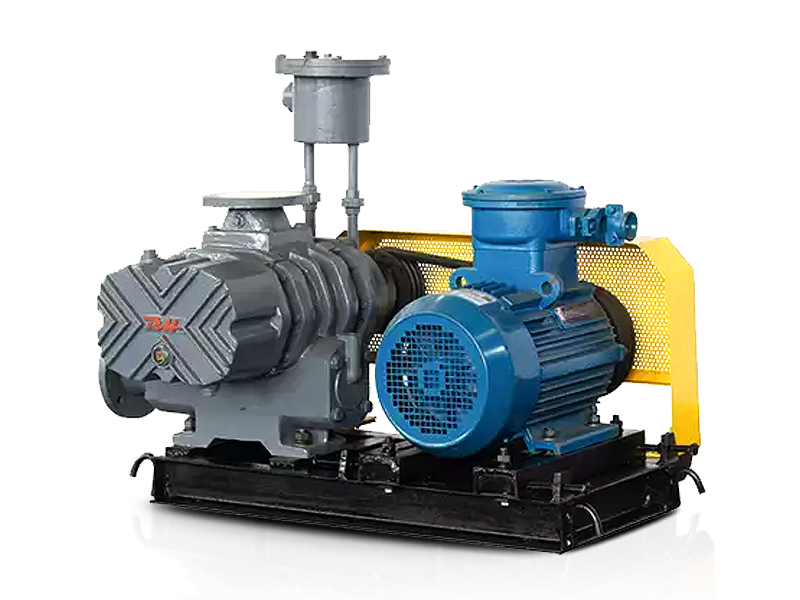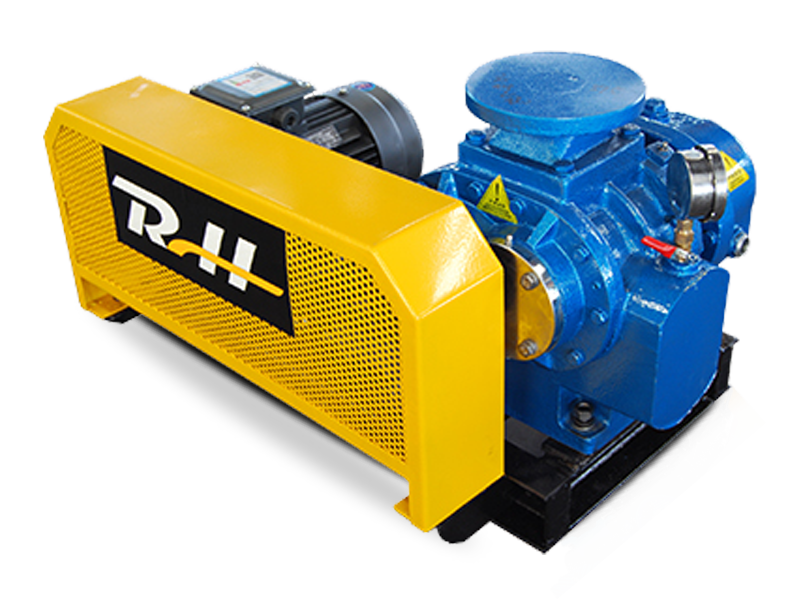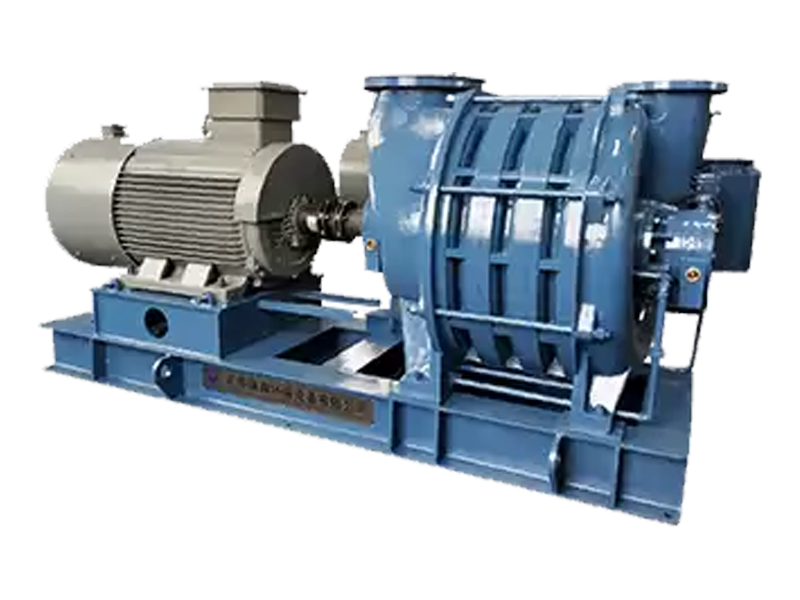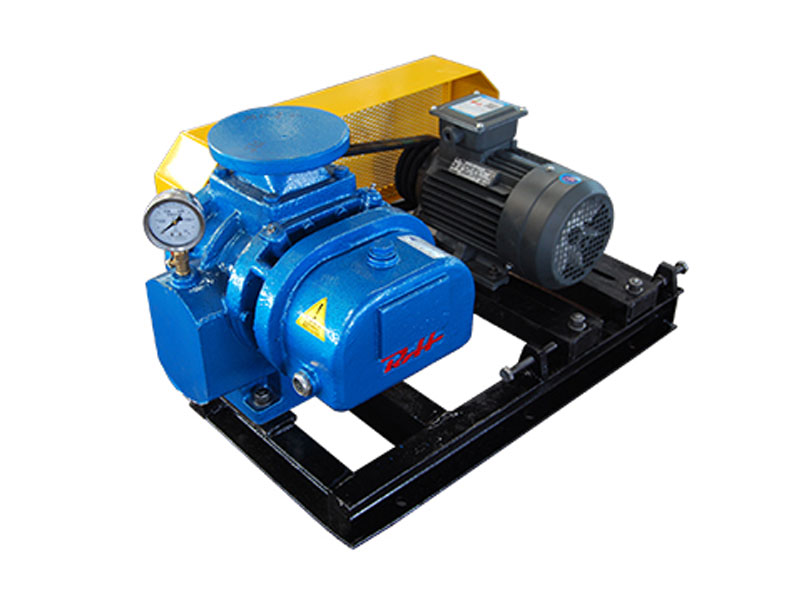We need to understand the working principle of rotary blowers. The blower mainly consists of parts such as motor, impeller, bearings, and casing. The motor drives the impeller to rotate, generating airflow, which is then discharged through the casing. During this process, friction between the impeller and air, and between bearings and shaft, leads to energy loss, reducing the efficiency of the blower.

Optimize impeller design: The shape and size of the impeller have a significant impact on the blower's performance. By optimizing the impeller design to reduce airflow resistance, frictional loss can be reduced. Additionally, selecting materials that can withstand wear for impeller construction can increase service life and reduce efficiency loss caused by wear.
Use high-quality bearings: Bearings are critical components in blowers, and their quality directly affects the operational efficiency. Using high-quality bearings can reduce friction between bearings and shaft, thus reducing energy loss. Additionally, regular maintenance of bearings to ensure they operate in good condition is also an effective measure to reduce frictional loss.
Optimize lubrication system: The lubrication system is a key factor in reducing frictional loss. By selecting suitable lubricating oil to ensure sufficient lubrication of key components such as bearings, friction coefficients can be reduced, and energy loss minimized. Additionally, regularly checking the quality and quantity of lubricating oil, and timely replacement and replenishment, ensures the normal operation of the lubrication system.
Adjust operating parameters: Operating parameters such as speed and load of blowers also affect frictional loss. In practical applications, adjusting operating parameters to operate rotary blowers under optimal conditions can reduce frictional loss and improve operational efficiency.
As core equipment in the industrial ventilation field, the performance and operational efficiency of rotary blowers are directly related to the stability and economic benefits of the entire production process. By deeply understanding the working principle of rotary blowers and the causes of frictional loss, we can take targeted measures to reduce frictional loss and improve the operational efficiency of blowers.


 русский
русский Español
Español عربى
عربى
